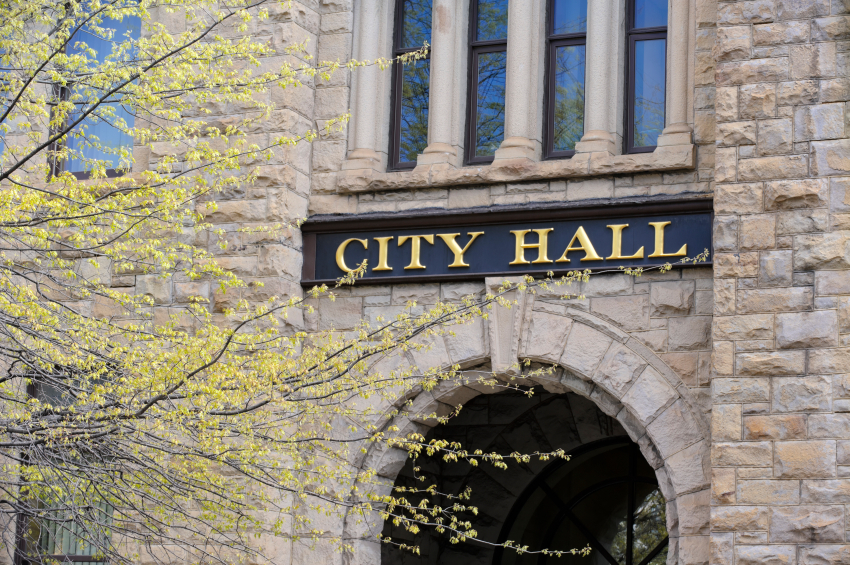


 Georgia elaborated two action plans in 2011-2015, which considered implementation and enforcement of the Open Government Principles in the local governments. For instance, 2012-2013 action plan aimed at application of electronic governance in local governments, creation of a crime map and implementation of the project "safer communities."
Georgia elaborated two action plans in 2011-2015, which considered implementation and enforcement of the Open Government Principles in the local governments. For instance, 2012-2013 action plan aimed at application of electronic governance in local governments, creation of a crime map and implementation of the project "safer communities."
6th and 7th commitments of the Open Government Partnership Action Plan 2014-2015 outlined implementation of e-governance in the territorial entities, creation of public centers and development of the regions by transformation of their libraries.
Commitments about improvement of public service and implementation of e-governance are laid out in both OGP Georgia Action Plans. However, conducted research showcases that the OGP member states' commitments rather focus on citizen engagement, creation of e-platforms, and engagement of youth, senior citizens and persons with disabilities in the activities of the local governments.
It is very important for Georgia to share the best practice of the OGP member countries and pay close attention to the local governments. Above-mentioned will also induce realization of the provisions of the Local Government Code.
Open Government Partnership has recently announced a competition for the engagement of local governments in OGP. Any territorial entity of an OGP member country, citizens of which amount to at least 250,000 is able to participate in the OGP competition.
It is recommended that Tbilisi, as a capital of Georgia and as one of the main centers of the region, participates in the OGP competition and joins the Initiative.
According to IDFI, executive and legislative institutions of Tbilisi, and other local governments, should embrace the best practices of openness, citizen engagement, e-governance, etc.
1. Participatory budgeting, which will promote financial transparency, accountability of the entities and citizen engagement.
2. Creation of e-platforms, which will provide an opportunity for the citizens to identify the problems in the communities (infrastructure problems, traffic incidents, environmental problems, product quality or other issues), on the other hand, local governments will be able to save funds.
3. Publishing the documents in easily accessible and editable format, especially financial documents should be easily accessible. Publicity of the financial documents which are related to financing the commercial or non-commercial organizations by the local budget has a vital importance.
4. Renewing the information on the web-pages of the local governments constantly. Publishing the agendas of the sessions of representative councils, as well as the protocols and decisions made on the sessions.
5. It is important to provide trainings for the citizens involved or interested to be involved in the work of local governments, elaborating the guidelines, also, supporting the involvement of youngsters, senior citizens and persons with disabilities in the work of local governments.
IDFI hopes the research and recommendations will assist implementation of the Open government Partnership principles, will support financial transparency of the territorial entities and increase the citizen engagement in the local government activities.
/public/upload/IDFI/OGP/Local Government Participation in the Open Government Partnership (OGP).pdf